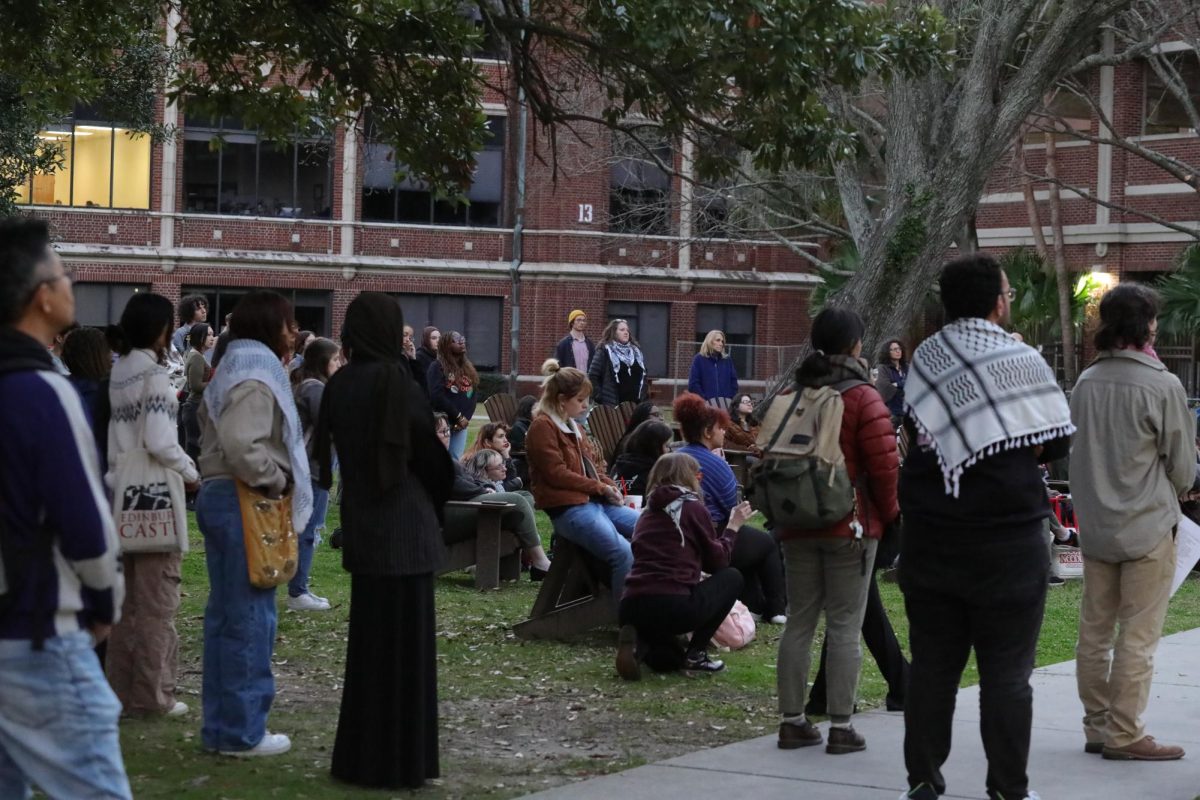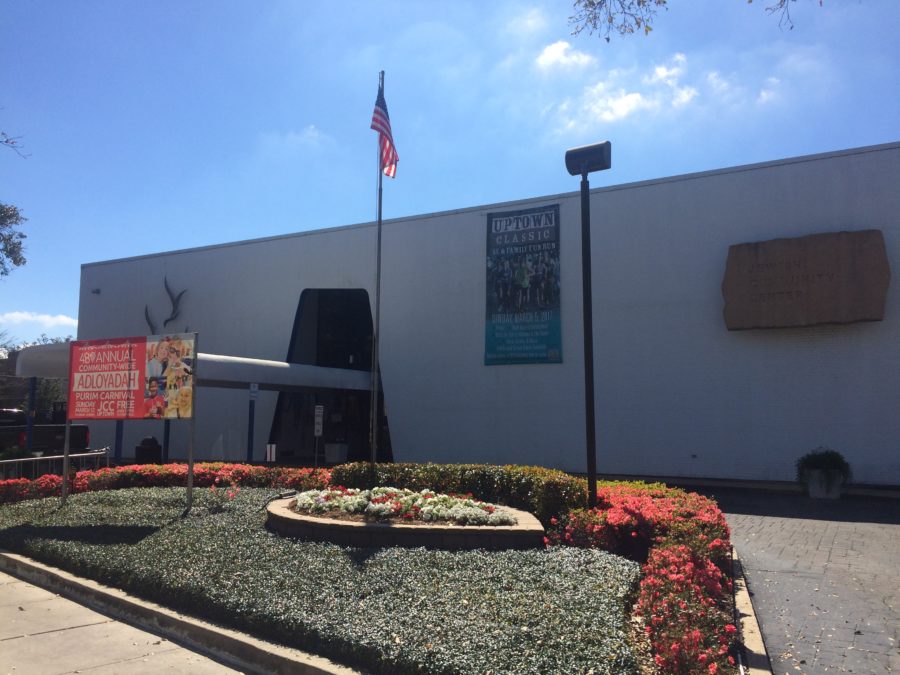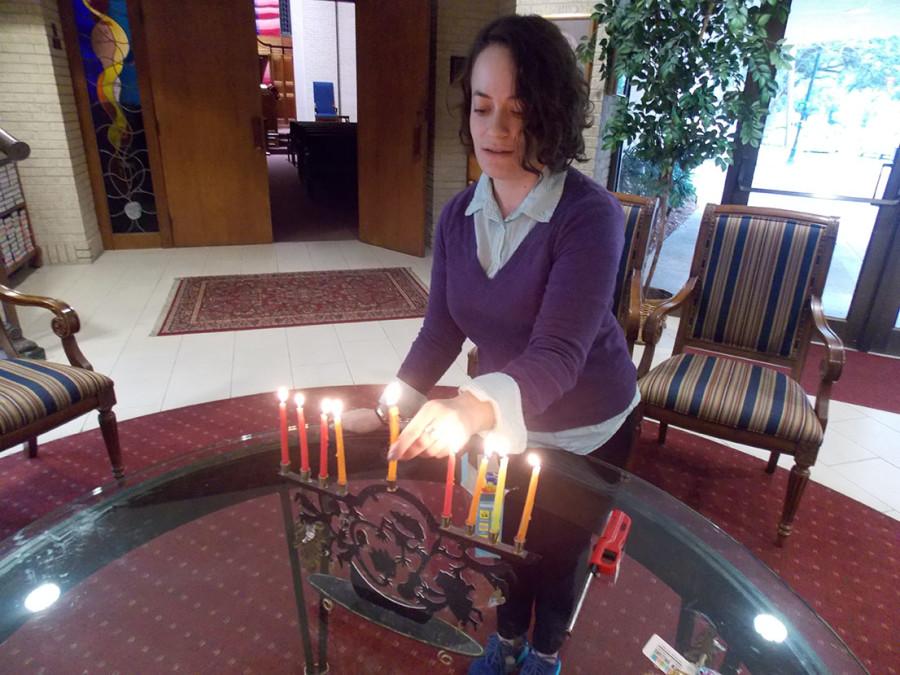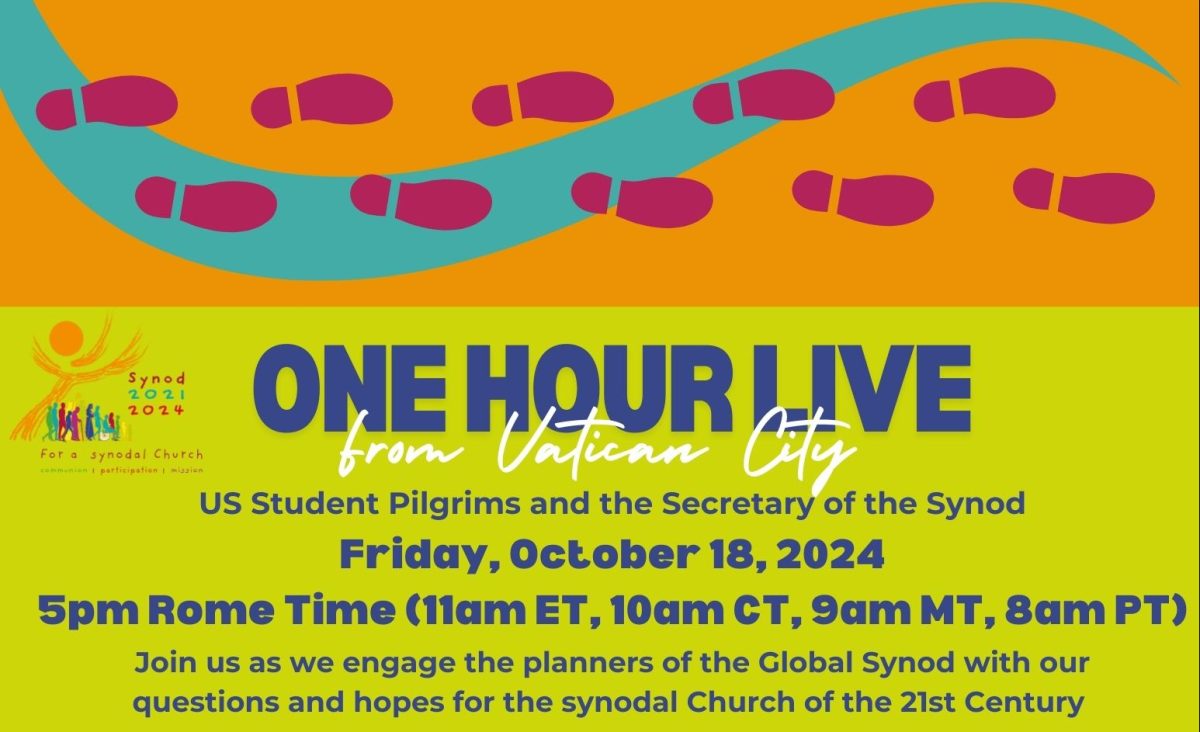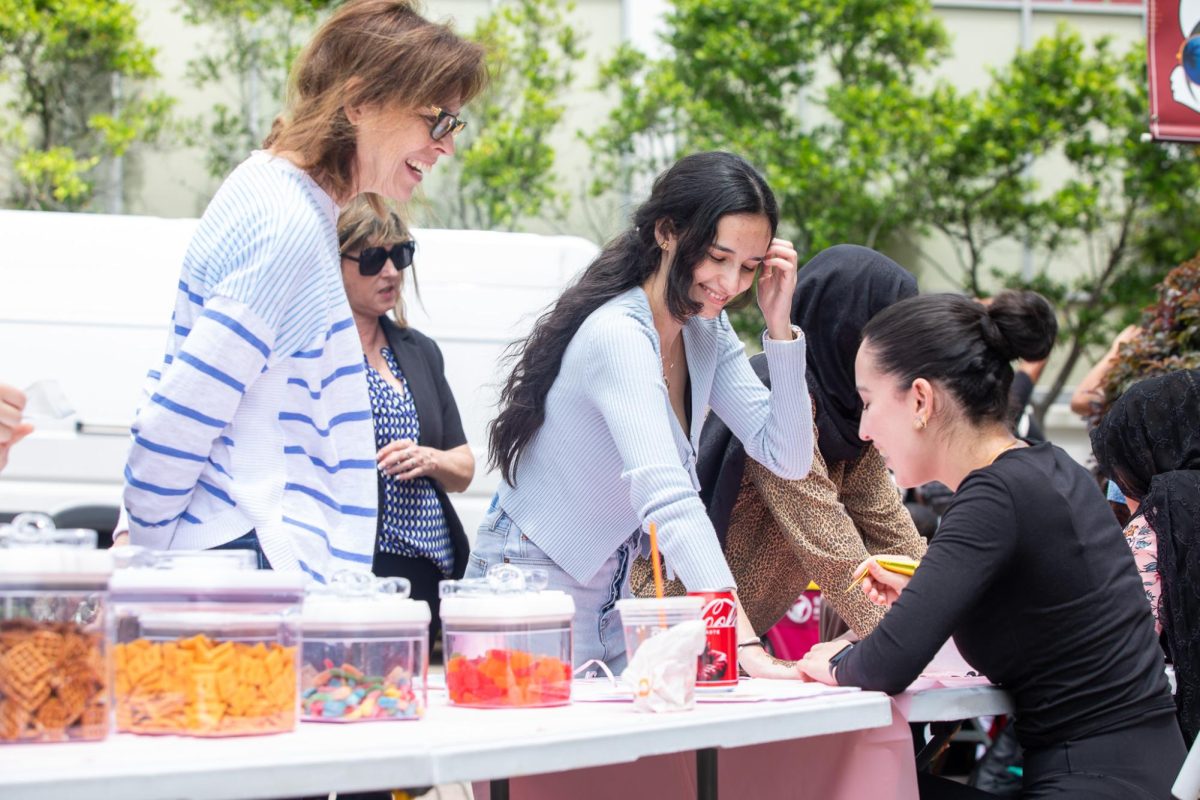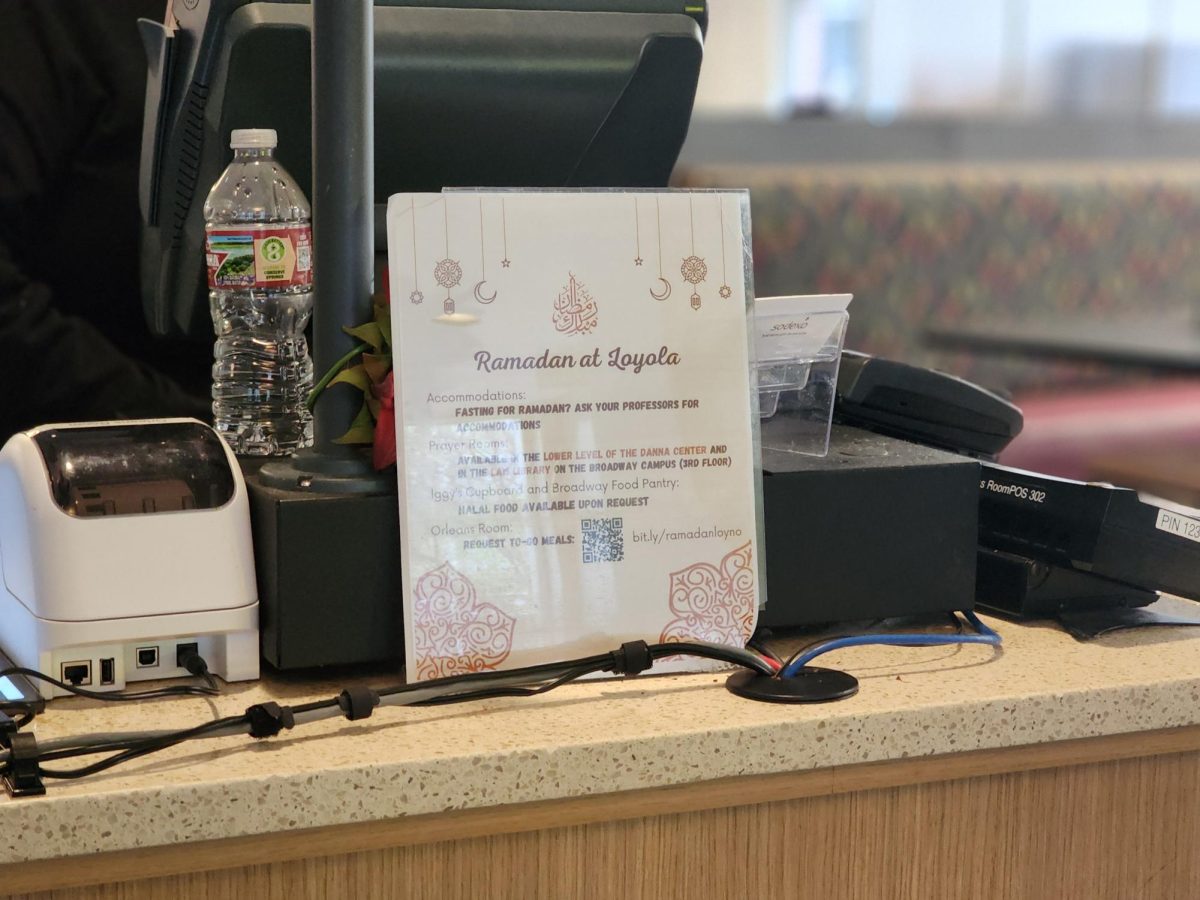Jews and gentiles alike gathered at Tulane Hillel to celebrate the Passover Seder, continuing to retell the Jews’ unchanging, ancient story of hardship and hope.
The celebration brought together both longtime followers and complete newcomers to pass on, remember and contemplate the story of the Jewish people’s escape from slavery in Egypt.
At the Seder, which took place April 10 and 11, the first two days of Passover, participants read and chanted the Haggadah, a Jewish work that explains the Seder and the symbolism of the foods like unleavened bread and bitter herbs that are eaten during the ceremony. The Hillel Seder ended with a kosher buffet.
Passover is usually celebrated with family, but Tulane’s Hillel, its Jewish student center, opened up their Seder to those like Sidney Absuch, who could not celebrate with their families.
Absuch, a devoted Jew, explained why the Seder is important to him.
“It’s passing on a story that’s remained the same” for thousands of years, Absuch said.
Those who attended the celebration, regardless of their religious affiliation, were reverent toward the ritual.
Adam Sebti, who is not Jewish but attended the Seder, said he respects the unchanging aspects of the celebration.
“Ritual is important for the Jews. It reminds them of their duties and responsibilities to themselves. They do it especially well,” Sebti said.
Regardless of why they came, everyone gathered together to keep passing on the more than 2,000-year-old story, respecting its significance and hoping to continue the tradition in the future.
“It’s a big deal. A very big deal,” Absuch said.


